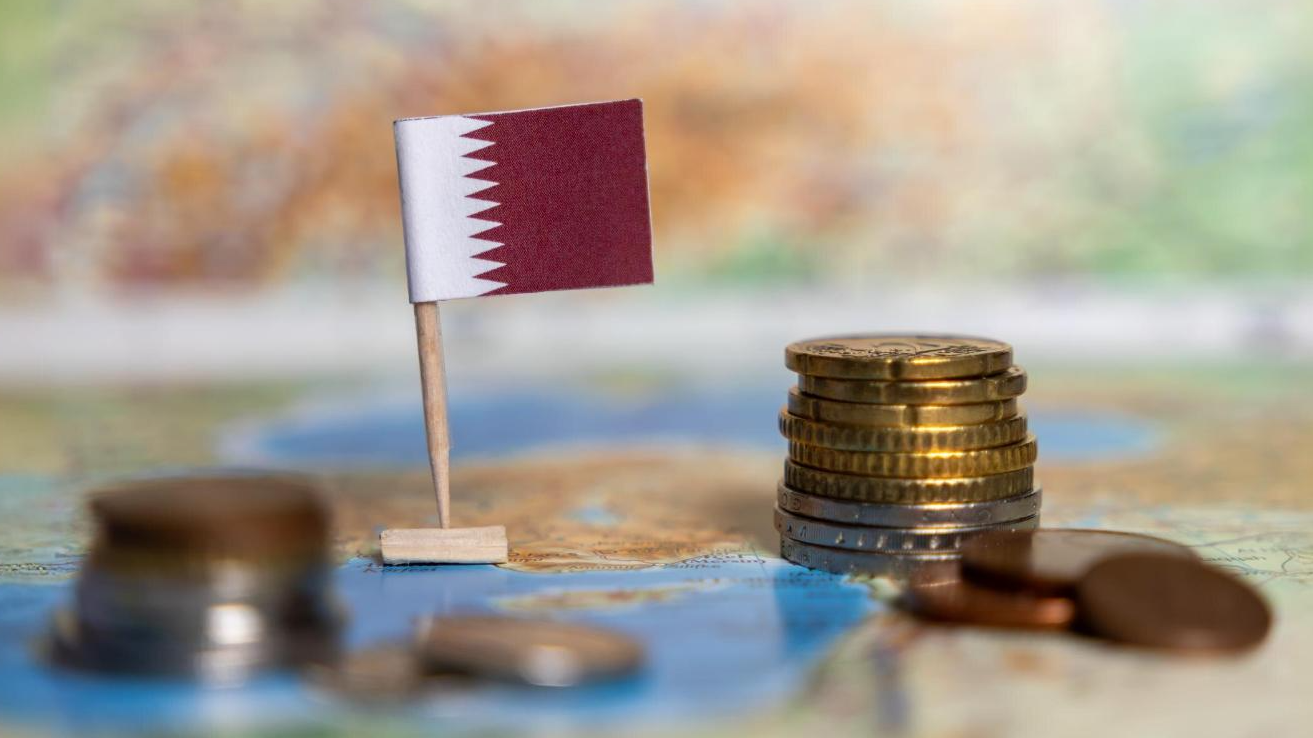IMF Reviews Qatar’s Economy, Predicts Steady Growth – The Media Line

The International Monetary Fund (IMF) has completed its annual assessment of Qatar’s economy, forecasting steady growth driven by energy projects and policy reforms. The review, part of the IMF’s Article IV consultation, was finalized on January 27, 2025, and provides an outlook on the country’s economic performance and financial stability.
According to the IMF, Qatar’s real GDP is expected to grow by 2% in 2024–25, supported by public investment, ongoing liquefied natural gas (LNG) expansion, and a boost in tourism. Over the medium term, growth could rise to 4.75%, fueled by increased LNG production and economic reforms under Qatar’s Third National Development Strategy (NDS3). Inflation is projected to ease, dropping to 1% in 2024 and stabilizing at around 2% in the coming years.
Lower hydrocarbon prices in 2023 led to narrower fiscal and current account surpluses, which fell to 5.5% and 17% of GDP, respectively. However, Qatar’s LNG expansion is expected to support its fiscal position, ensuring continued economic stability despite fluctuations in energy markets.
The IMF noted that Qatar’s banking sector remains strong, with high liquidity and profitability. Banks have reduced reliance on short-term foreign deposits and diversified their funding sources. The non-performing loan (NPL) ratio remained stable at below 4%, with high provisioning coverage of over 80%.
Qatar is advancing economic diversification efforts through its NDS3 strategy, focusing on attracting skilled workers, fostering innovation, and strengthening public-private partnerships. The IMF acknowledged progress in digitalization and climate initiatives but emphasized the need for fiscal reforms, including introducing a value-added tax (VAT) to reduce reliance on hydrocarbon revenues.
Risks to Qatar’s economy include global economic slowdowns, geopolitical tensions, and volatility in energy markets. The IMF warned that an oversupply in the global natural gas market could put downward pressure on LNG prices, affecting Qatar’s fiscal outlook. However, high hydrocarbon prices and accelerated economic reforms could further strengthen growth prospects.
The IMF urged Qatar to maintain prudent fiscal policies, improve public investment efficiency, and enhance financial oversight. The next Article IV consultation is scheduled to take place in 2026.
Related
Qatar emphasizes importance of reaching agreement between US, Iran
CAIROQatar's Prime Minister Sheikh Mohammed bin Abdulrahman Al-Thani stressed the critical need for an agreement between the US and
International Women’s Day: Seeking a Balance with Ghada Al Subaey
1309’s Ghada Al Subaey of Qatar celebrates the many layers of femininity in her recent drop, called Labyrinth of Light. This International Women’s Day, the
Discover Ooredoo Plans and Services in Qatar
Ooredoo is the household name in the field of telecommunications and provides a full portfolio of telecom services: mobile plans for everyone, home
What Will The Imminent Qatar Airways Widebody Order Include?
Which Airline Alliance Do You Prefer To Fly With?












